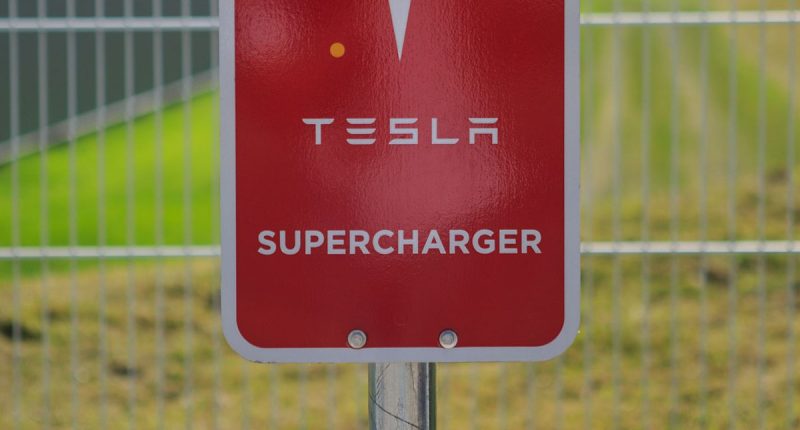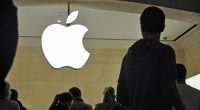EV giant Tesla will produce its next-gen AI processor – the AI5 – through collaborations with Samsung Electronics Co. and Taiwan Semiconductor Manufacturing Co. Tesla chief Elon Musk announced the same at the company’s third-quarter earnings call. The AI5 will be manufactured at Samsung’s advanced facility in Taylor, Texas and at TSMC’s new fab in Arizona.
The decision marks a departure from Tesla’s previous reliance on a single foundry. “We’re not about to replace NVIDIA, to be clear, but we do use both in combination, AI4 and NVIDIA hardware. The AI5 excess production, we can always put in our data centers,” Musk said. The new chip will underpin Tesla’s self-driving software as well as its Optimus robot platform.
The AI5 is the latest in Tesla’s custom-designed processor line, powering its autonomous driving systems and robotics platforms. The chip succeeds the company’s AI4 hardware and is intended to process the massive streams of visual and sensor data required for self-driving features. Musk said the company’s goal is to achieve an oversupply of the new chip, describing it as Tesla’s most efficient design yet. Tesla currently uses Nvidia’s H100 graphics processing units to train its AI models and will continue to do so. The company disclosed it now has computing capacity equivalent to about 81,000 H100 chips. By relying on two manufacturing partners, Tesla is seeking to reduce potential production bottlenecks and mitigate geopolitical risk. TSMC remains the dominant contract chipmaker globally, but Samsung has been investing heavily to close the gap, committing more than $40 billion to expand its U.S. semiconductor operations in Texas.
Samsung already produces Tesla’s earlier AI4 processor under a $16.5 billion contract signed last year, while TSMC has supplied chips for the company’s existing Autopilot hardware. The AI5 marks the first time both firms will jointly manufacture the same Tesla component, signaling growing demand for advanced production capacity in North America. Musk said Tesla’s engineers had simplified the chip architecture by removing legacy components such as image signal processors and traditional GPUs, claiming that the redesign sharply improved performance per watt and per dollar. “Tesla only has to satisfy one customer — itself,” he said. “That allows us to delete a lot of complexity from the chip.”
This development comes at a time when more and more tech firms are working on custom AI chipsets. Alphabet, Amazon, and Microsoft have all introduced in-house AI accelerators in recent years to reduce dependence on Nvidia and control costs. Aside from Apple, Tesla is the only major company designing chips for both its products and its internal data centers. According to Musk, the AI5’s successor — known internally as AI6 — will also be manufactured by Samsung when it enters production later this decade. He added that Samsung’s Taylor facility is equipped with “slightly more advanced” lithography tools than TSMC’s Arizona site, giving the company flexibility in production ramp-up.
The announcement also offers a look into Tesla’s hardware roadmap after a period of internal restructuring. Peter Bannon, the former Apple engineer who led development of Tesla’s Dojo supercomputer and previous AI processors, departed the company earlier this year. Tesla has since scaled back the Dojo program, shifting resources toward vehicle autonomy and humanoid robotics.
The Tech Portal is published by Blue Box Media Private Limited. Our investors have no influence over our reporting. Read our full Ownership and Funding Disclosure →






